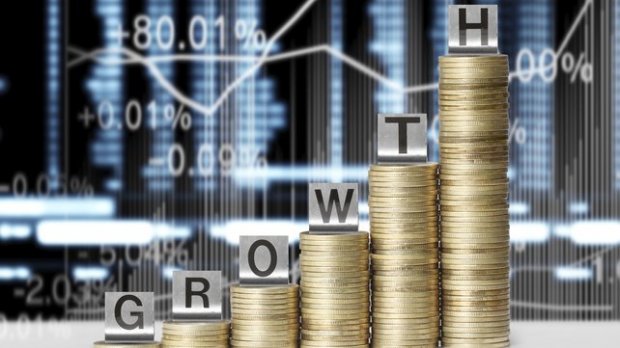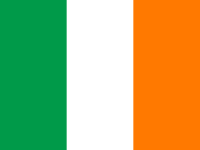IRELAND set to top eurozone growth table

Growth rate expected to be 4.6% in 2014 compared to EU average of 1.3%
Ireland will be the fastest growing economy in the European Union this year, according to the European Commission's autumn economic forecast.
The Irish growth rate is expected to be 4.6%, compared to an EU average of 1.3% and a euro zone average of 0.8%.
It is also in line with the most recent Government forecasts of 4.7% for 2014 and 3.9% for 2015.
The surge in growth has taken EU officials by surprise, since the Commission's spring forecast predicted a growth rate of just 1.7%.
The Commission has also acknowledged that despite the tax cuts and spending increases in the October Budget, Ireland's budget deficit should fall to 2.9% next year.
The forecast also suggests that the national debt will fall to 106% of GDP in 2016, down from 123.3% of GDP in 2013.
"Ireland is decoupling from the euro area, as its recovery broadens and gathers firm momentum. This robust and faster-than-expected expansion should bolster government revenues and facilitate a reduction of the deficit," the Commission said in its autumn forecast.
Today's forecast shows that Irish and foreign-owned companies are starting to invest again, and it also noted an increase in domestic consumption.
European officials cautioned that the 4.6% growth rate for 2014 may include some export phenomena and "noise" due to particular aspects of the Irish export sector.
For example, the presence of huge multinationals in the Irish economy is thought to cause volatility in quarterly growth figures, since one huge company could cause a sharp increase in the growth rate if it announces its figures in one quarter over another.
However, officials are encouraged by the strong growth in the investment levels of companies, both Irish and foreign-owned.
Investment grew by 11.3% in the first half of the year, although the commission noted that it was "starting from a very low base".
The European Commission has also noted a return to private consumption following three years of contraction in a row, from 2011 to 2013. This year, domestic consumption is forecast to grow by 1.4%.
"Business and consumer confidence increased in 2014. Retail sales are on a firm upward trend and private consumption growth (year-on-year) turned positive for the first time since 2012 and the first quarter of 2014," the commission stated.
The forecast also reports that unemployment has fallen from a peak of 15.1% in February 2012 to 11.1% in September.
The commission stated that Ireland will continue to grow because of its export links to trade partners such as the UK and the US, which have stronger growth than the EU average.
"Sustained growth is set to continue in 2015 and 2016 at around 3.6%, with some stimulus provided by tax cuts and expenditure increasing measures," the commission stated.
Unemployment should fall to 8% for some time. This, the forecast noted, will put a lid on wage demands.
Inflation will remain low, although it should increase slightly more than the euro area average. This will "preserve recent competitiveness gains and support export growth," the commission said.
Commission officials said that Irish households are continuing to pay down debt, and that this would mean that the growth in private consumption would remain "gradual".
The autumn forecast also pointed out that there is the potential for significant growth in investment in the construction sector, "where supply now lags well behind demand".
However, the prospects for continued robust growth could be checked by low growth in the euro zone.
Ireland's budget deficit in 2014 will be 3.7% according to the forecast, down from 5.7% in 2013. In spring, the commission had forecast a higher deficit of 4.8%.
On the tax front there were further improvements, according to the forecast. Tax revenues increased by 7.4% in the first three quarters of 2014 and are expected to exceed the Government's yearly target of 0.6% of GDP.
Meanwhile, the EU has sharply cut its growth forecasts for the euro zone as a whole, warning that France and Italy remain huge problems for the sluggish European economy.
The EU has predicted that output in the euro zone will grow by only 0.8% this year, instead of the earlier prediction of 1.2%. The growth outlook for 2015 is also much lower, cut down to 1.1% from an earlier forecast of 1.7%.


